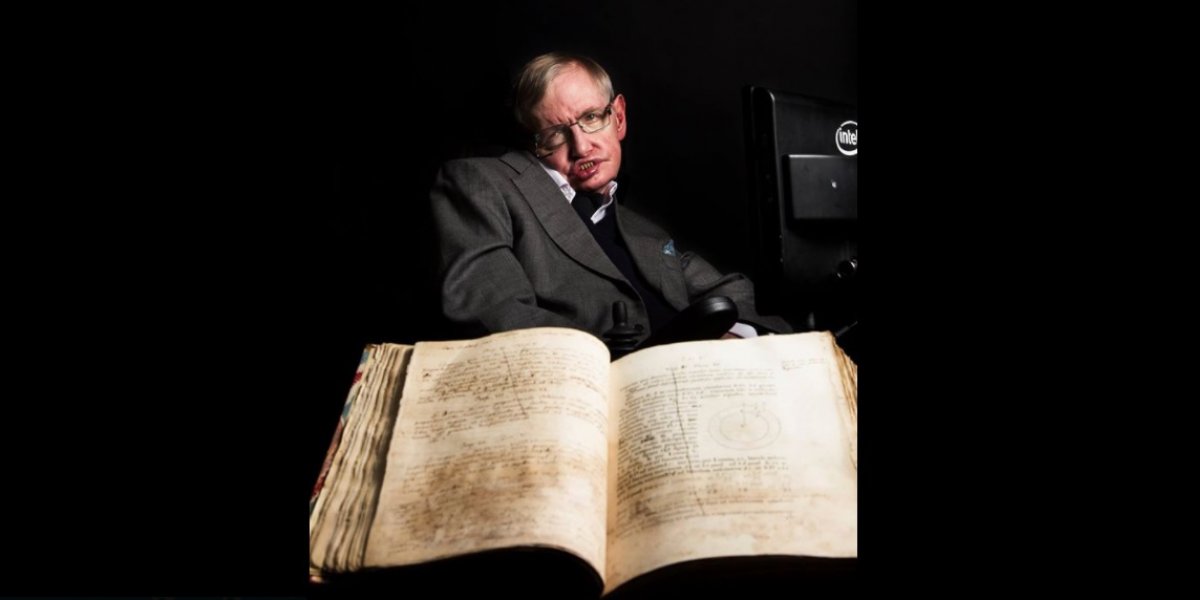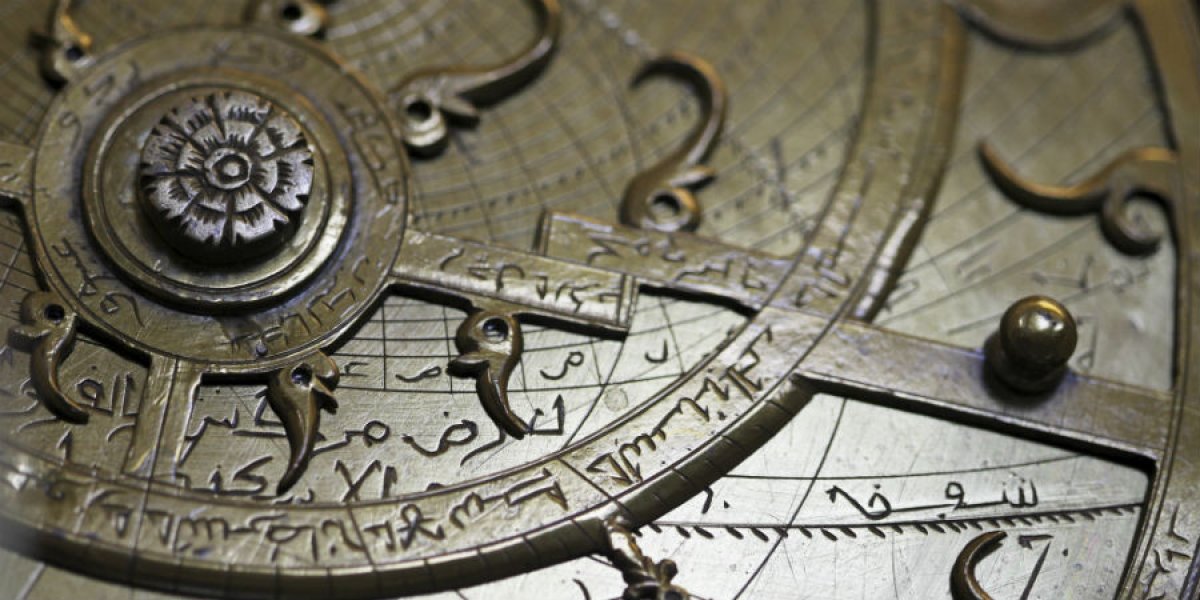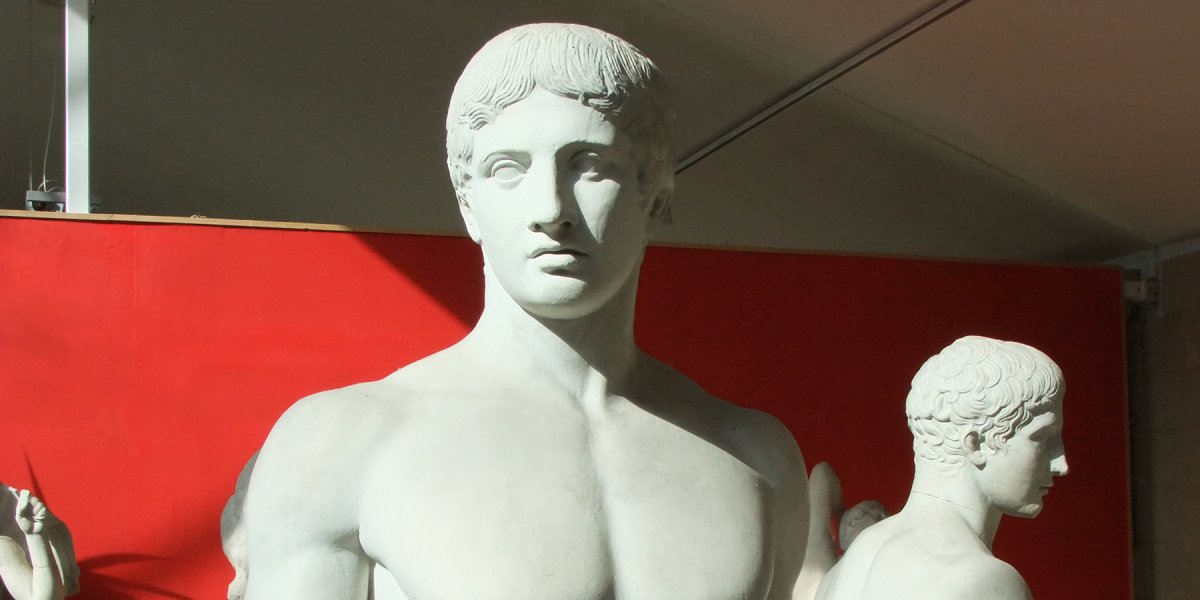Graham CopeKoga
Darwin, Hawking, Newton: science archives and their meaning
Darwin, Hawking, Newton: science archives and their meaning
With the recent arrival of Stephen Hawking’s archive, Cambridge University Library now holds the papers of three era-defining scientists; Hawking, Isaac Newton and Charles Darwin. Join University Librarian, Dr Jessica Gardner, in conversation with Professor Jim Secord, Dr Katrina Dean, and Dr Sarah Dry to discuss how scientific archives help shape our understanding of science, progress and society.
Speakers
Dr Jessica Gardner
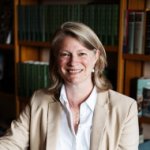
Dr Jessica Gardner was elected as University Librarian for Cambridge in 2016 and began her appointment in 2017, following previous roles as the Director of Libraries at the Universities of Bristol and Exeter. Jessica is a member of the Legal Deposit Libraries Committee and Director of the Agency of Legal Deposit Libraries; a Curator of the Bodleian Libraries; and a Trustee of the Friends of the National Libraries and of the Sir Winston Churchill Archives Trust.
She holds a PhD (in British & Commonwealth Literature), MA (in Commonwealth Literature) and BA (in English) from the University of Leeds. Jessica is a Fellow of Selwyn College (Cambridge). She is also the University of Cambridge’s library representative for the International Alliance of Research Libraries (IARU) and one of the University’s Deputy Vice-Chancellors for ceremonial events. Between 2019-2023 she was Vice-Chair, then Chair, of Research Libraries UK.
Professor Jim Secord (Bye-Fellow of Christ's)
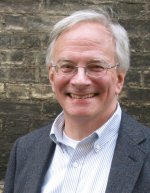
Born in Madison, Wisconsin, Professor Jim Secord studied geology, literature and history at Pomona College (1971-75) and Princeton University (1976-81), and has lived in the United Kingdom since 1980. From 1992 to 2020 he lectured at the Department of History and Philosophy of Science, particularly in relation to issues of science, empire and communication. He is currently a Bye-Fellow at Christ's College.
Publications include Controversy in Victorian Geology: the Cambrian-Silurian Dispute (Princeton, 1986) and Visions of Science: Books and Readers at the Dawn of the Victorian Age (Oxford and Chicago, 2014). Victorian Sensation: The Extraordinary Publication, Reception and Secret Authorship of Vestiges of the Natural History of Creation (Chicago, 2000) won the History of Science Society’s Pfizer Prize. In 2022 he was elected as a Fellow of the British Academy.
Dr Katrina Dean (Newnham 1999)
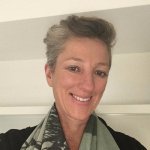
Dr Katrina Dean is Keeper of Archives and Modern Manuscripts at the University of Cambridge where she was Curator of Scientific Collections since 2017. Previous roles include University Archivist at the University of Melbourne and Curator of History of Science at the British Library. She is an external member of the Science Museum Group Collections and Research Committee. Co-editor of William Henry Fox Talbot Beyond Photography (The Yale Center for British Art, 2013), Dean edited the journal Archives and Manuscripts (2017-2018).
Dr Sarah Dry (St John's 2003)
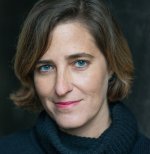
Sarah Dry completed her PhD at Cambridge as a Gates Scholar. Her most recent book is Waters of the World: The Story of the Scientists Who Unravelled the Mysteries of our Seas, Glaciers and Atmosphere–and Made the Planet Whole (Scribe UK/University of Chicago Press, 2019). Sarah has also written on Isaac Newton’s manuscripts, epidemics and global health policy, and about Victorian fishermen and risk. Sarah is currently working on a book about the history of systems thinking, focusing on the emergence of the study of climate as an interdisciplinary science in the 1960s and 1970s, with a special focus on paleoclimatology. From 2016 to 2021 Sarah was a trustee of the Science Museum Group. She is currently a trustee of The Oxford Trust.
Booking information
Booking for this event is now closed.
